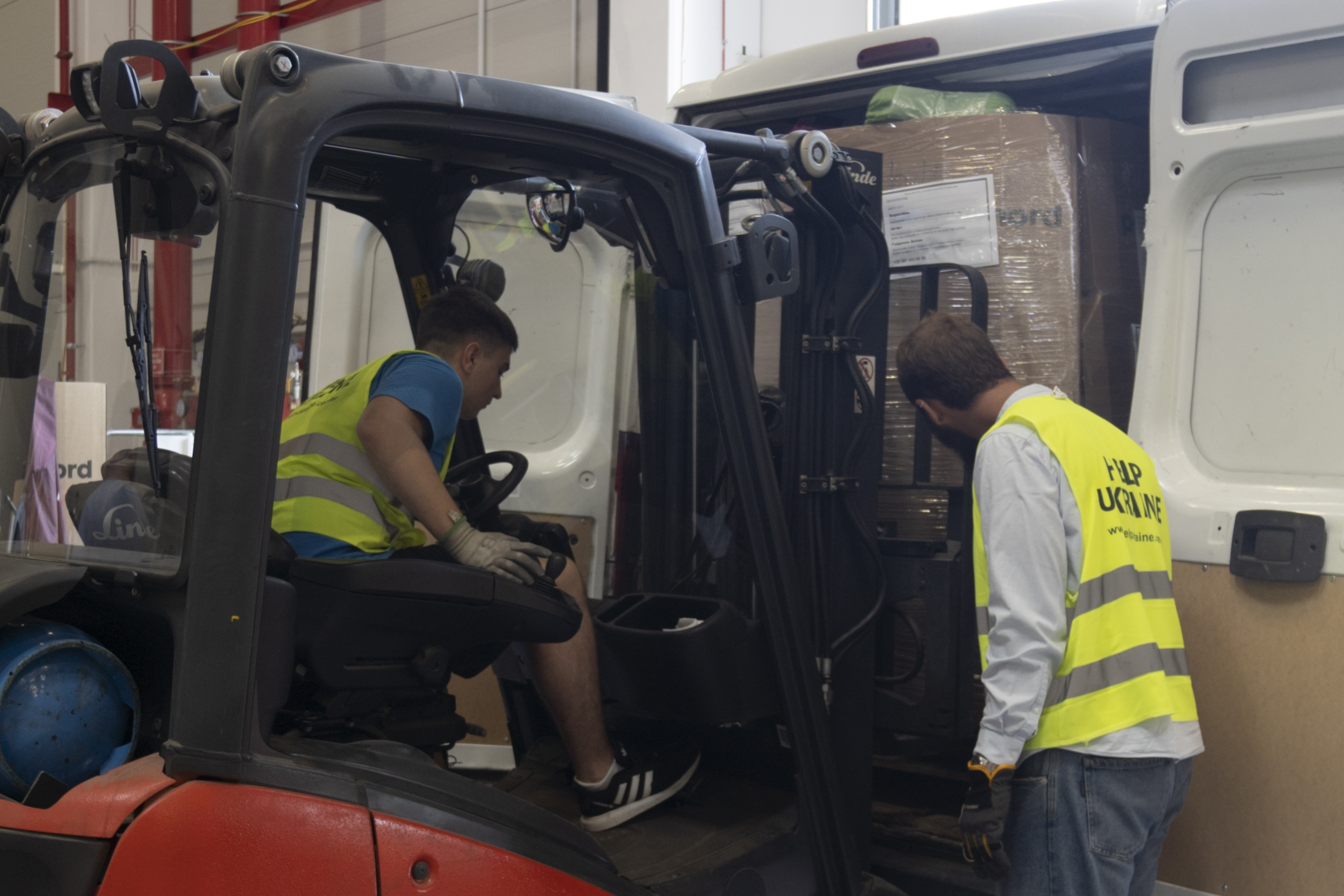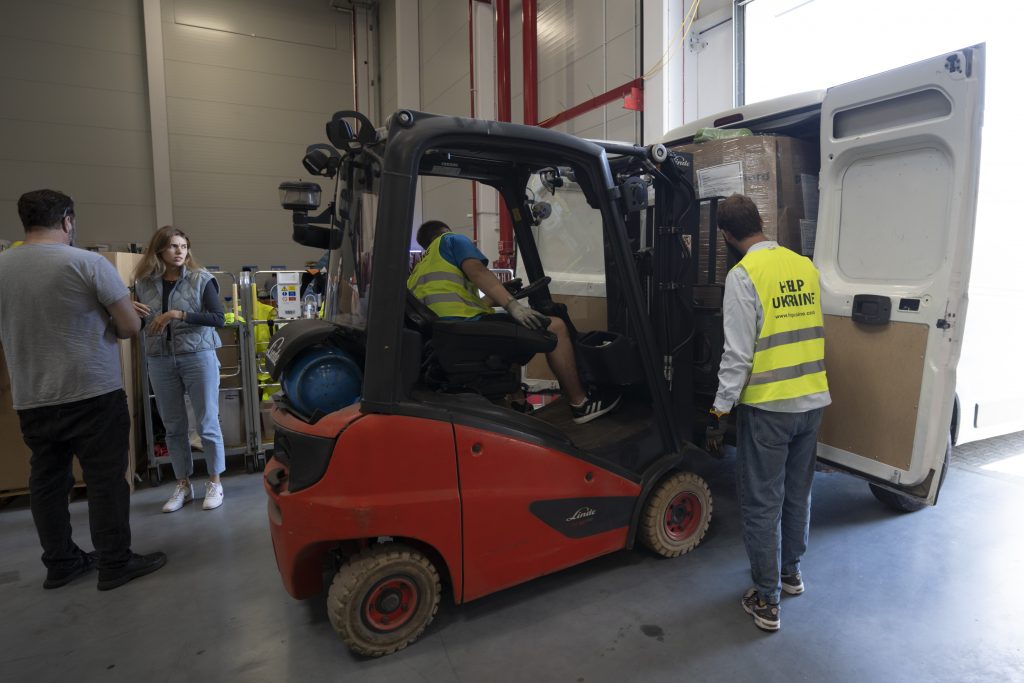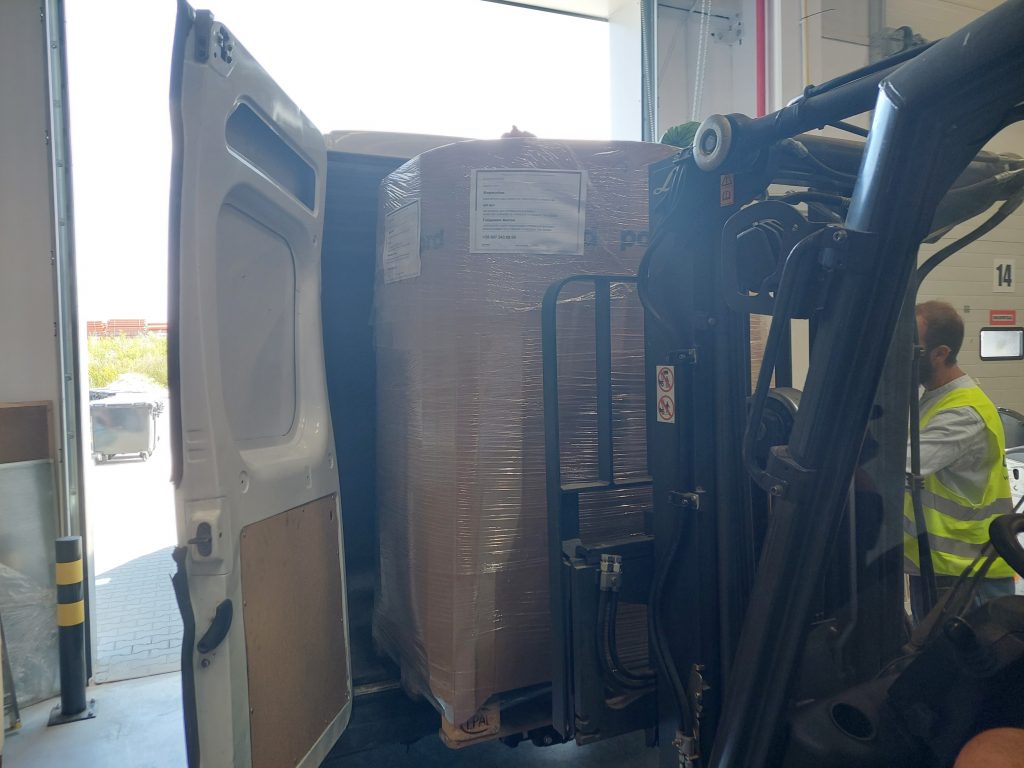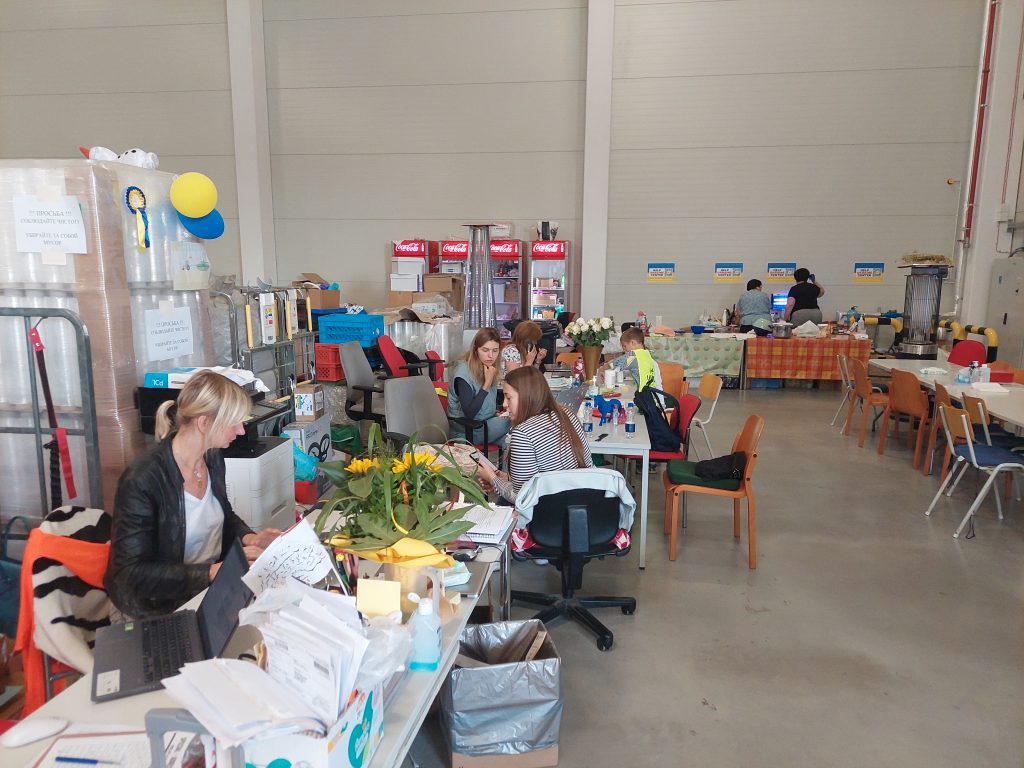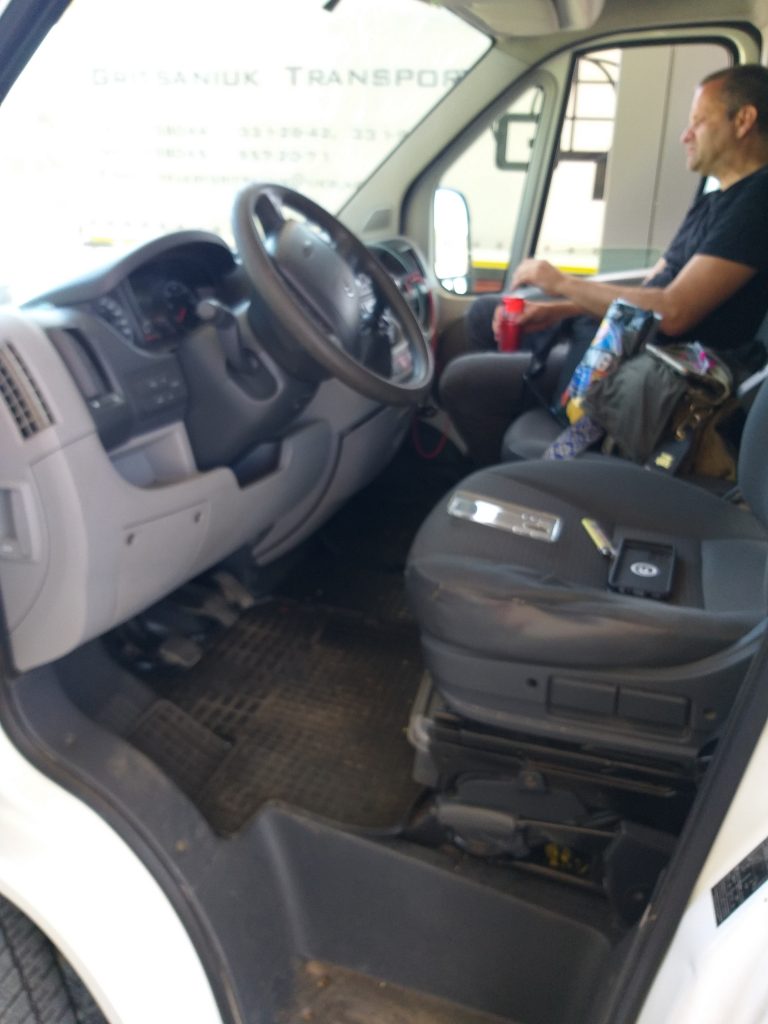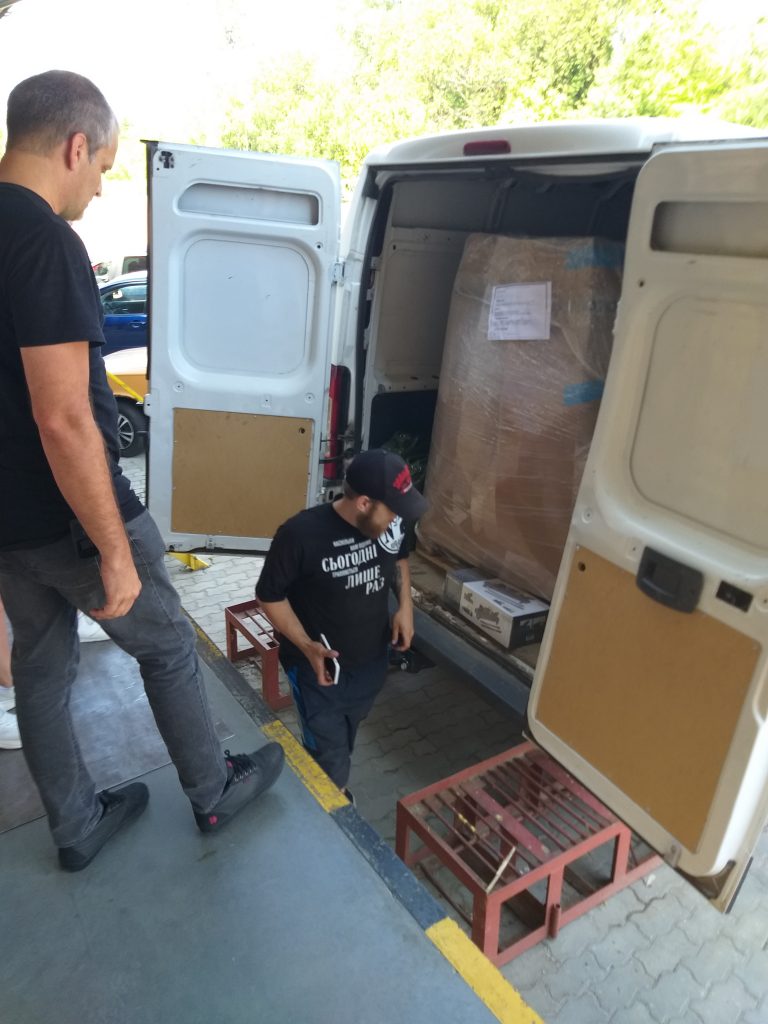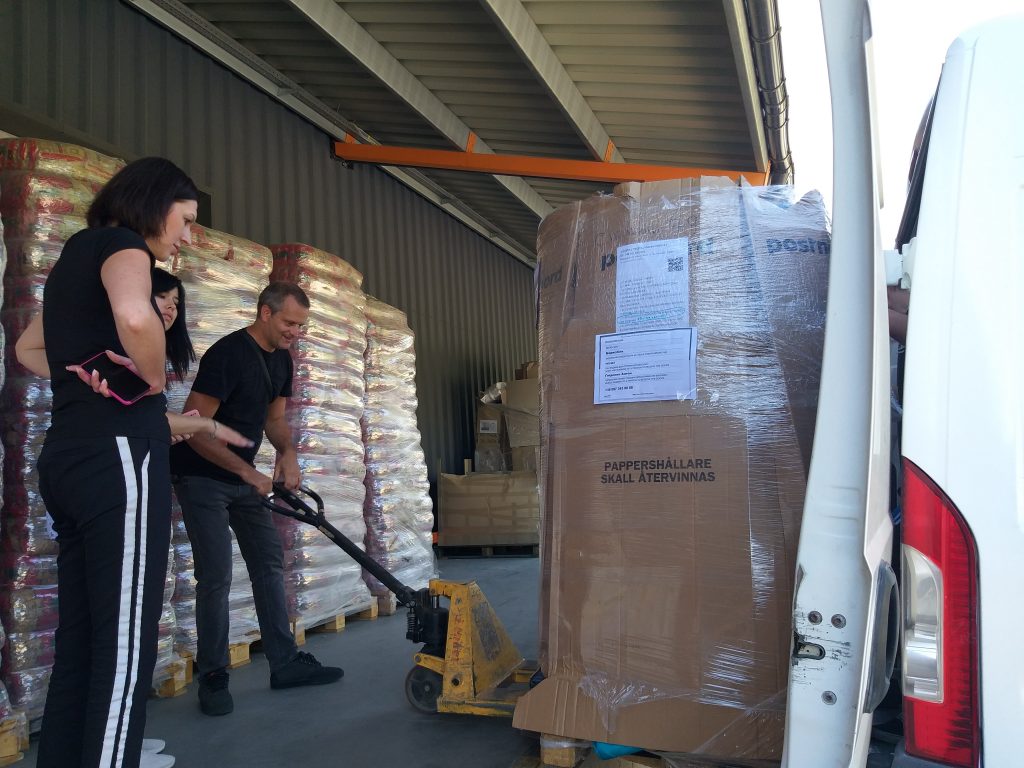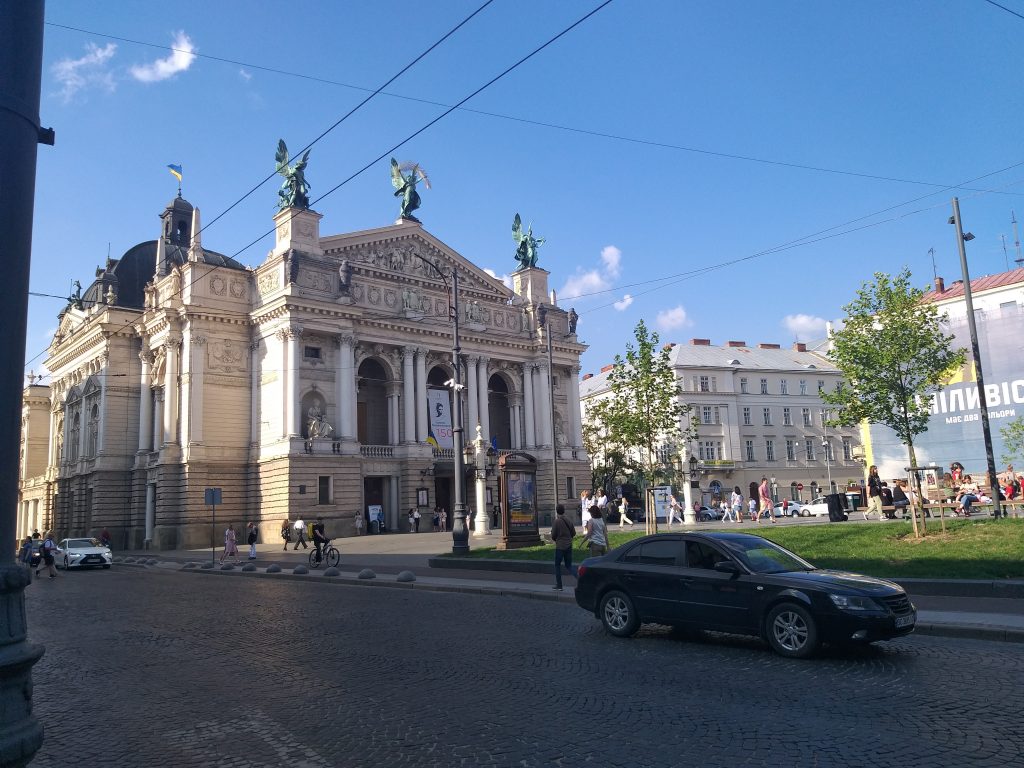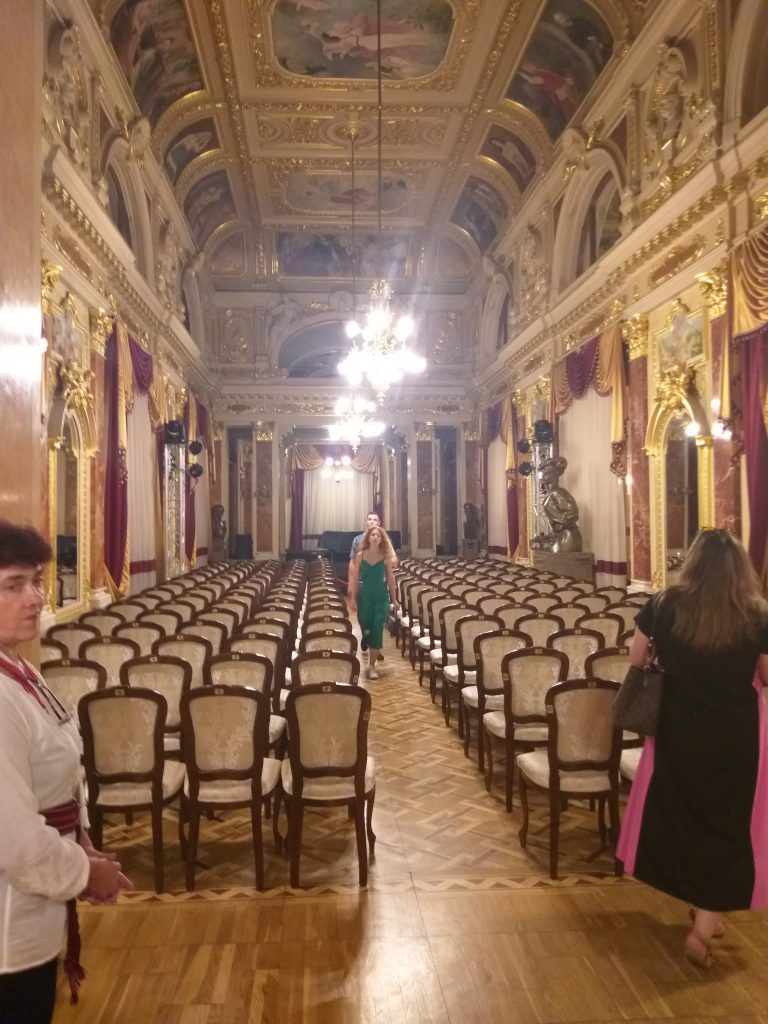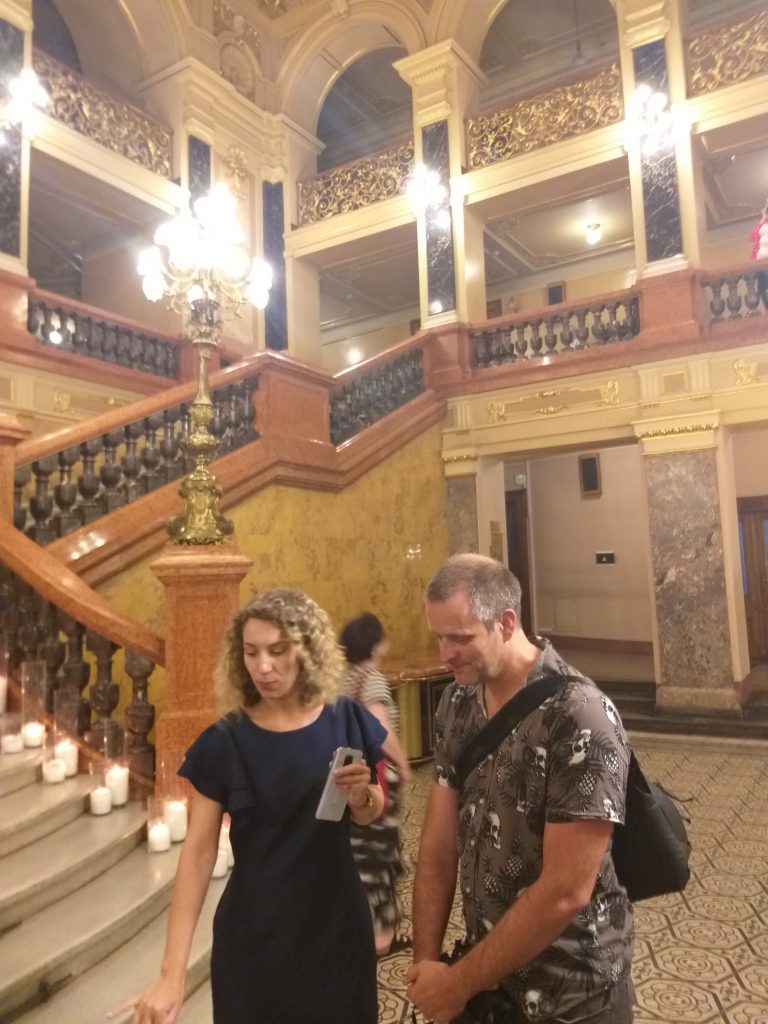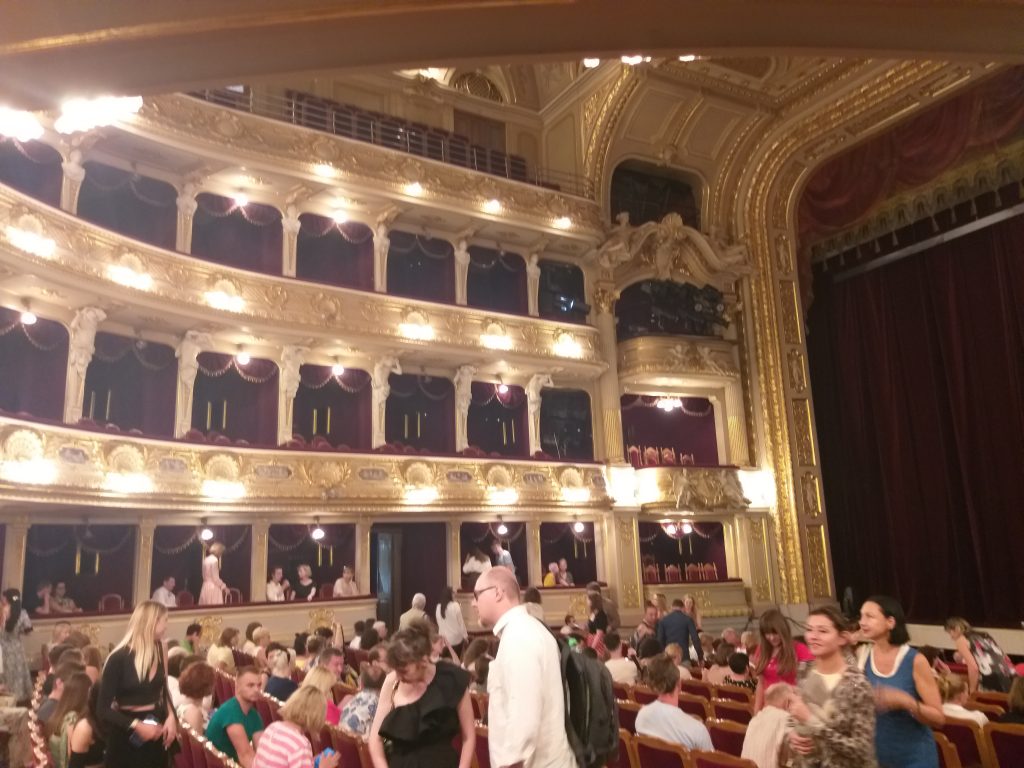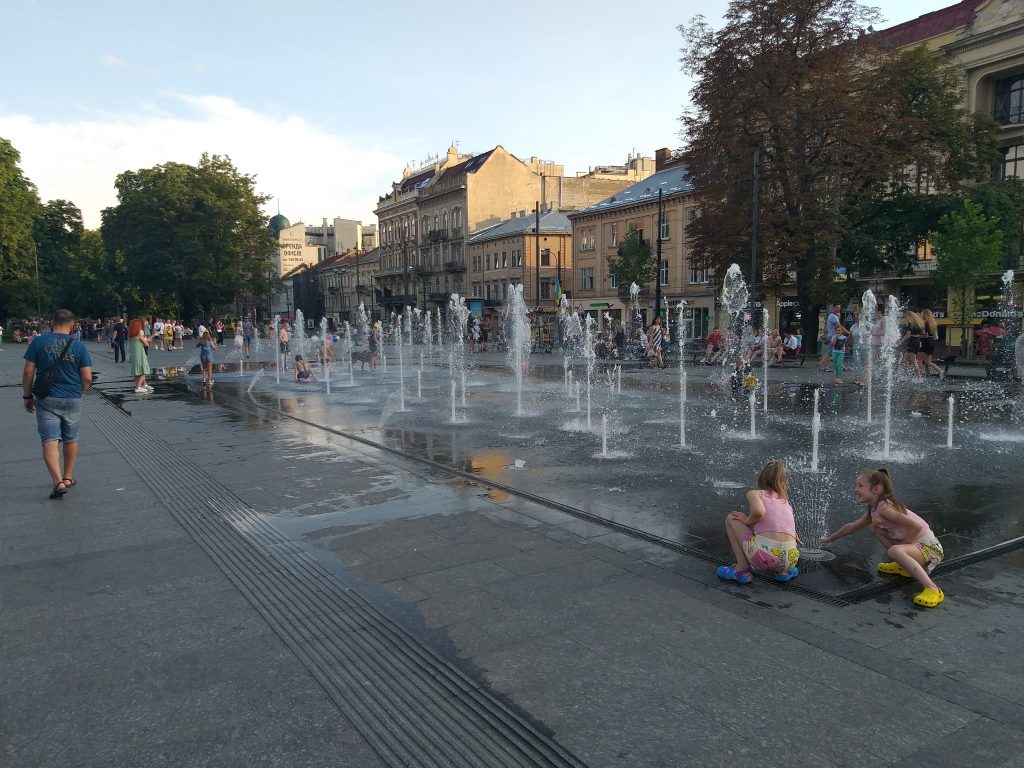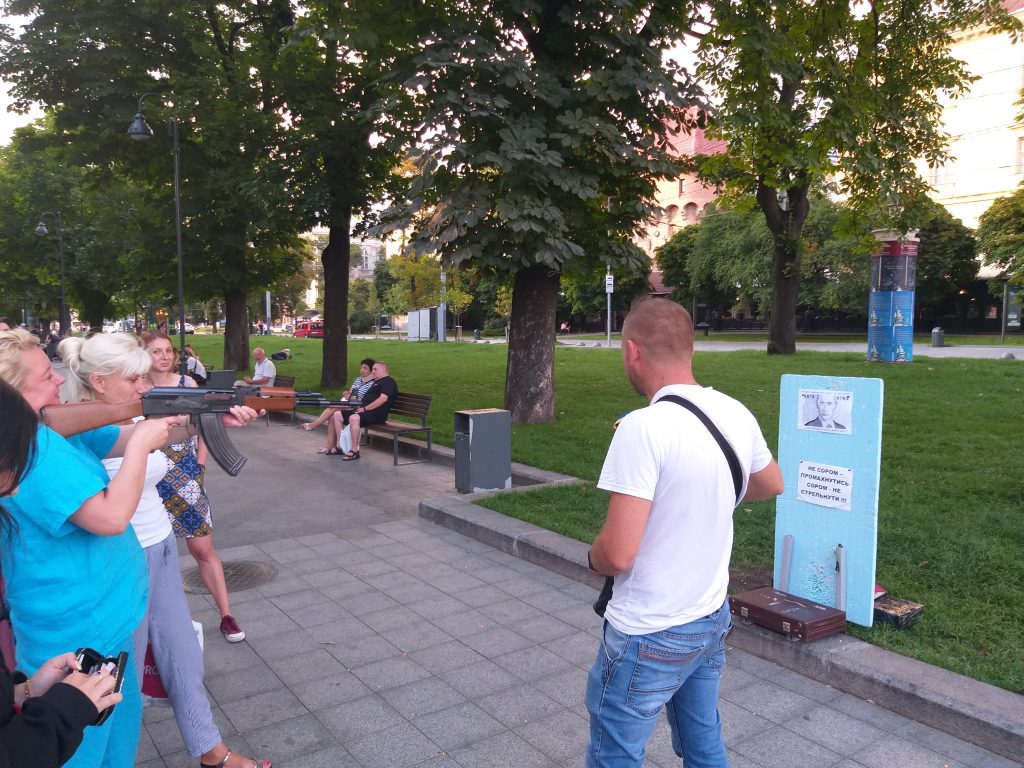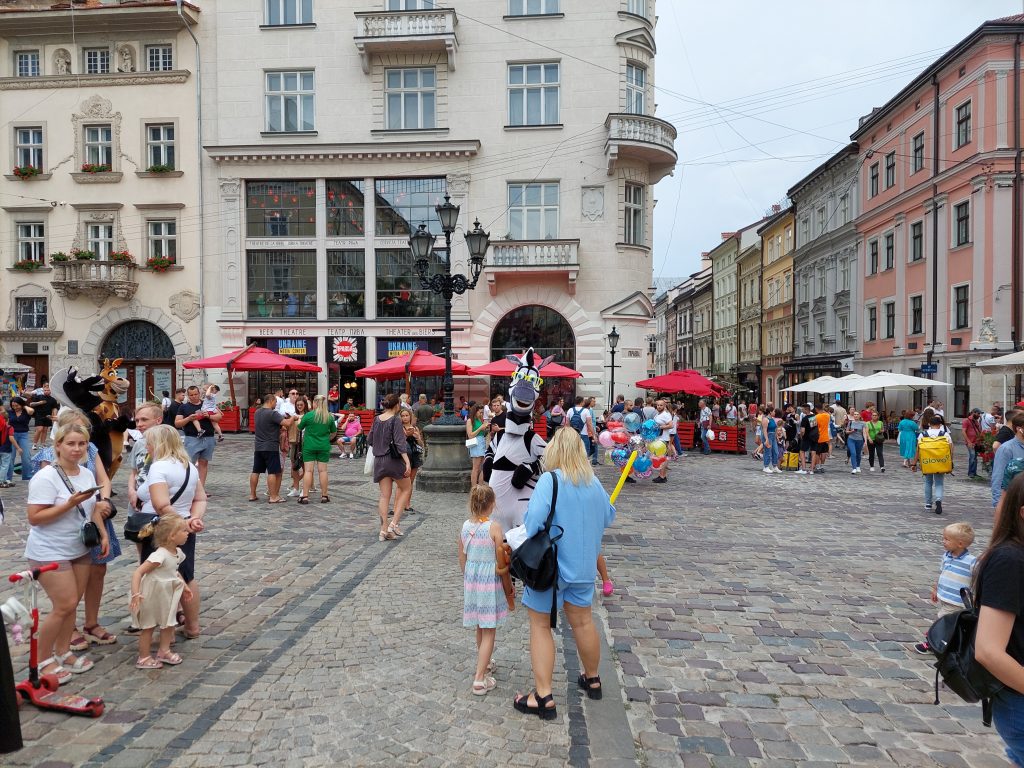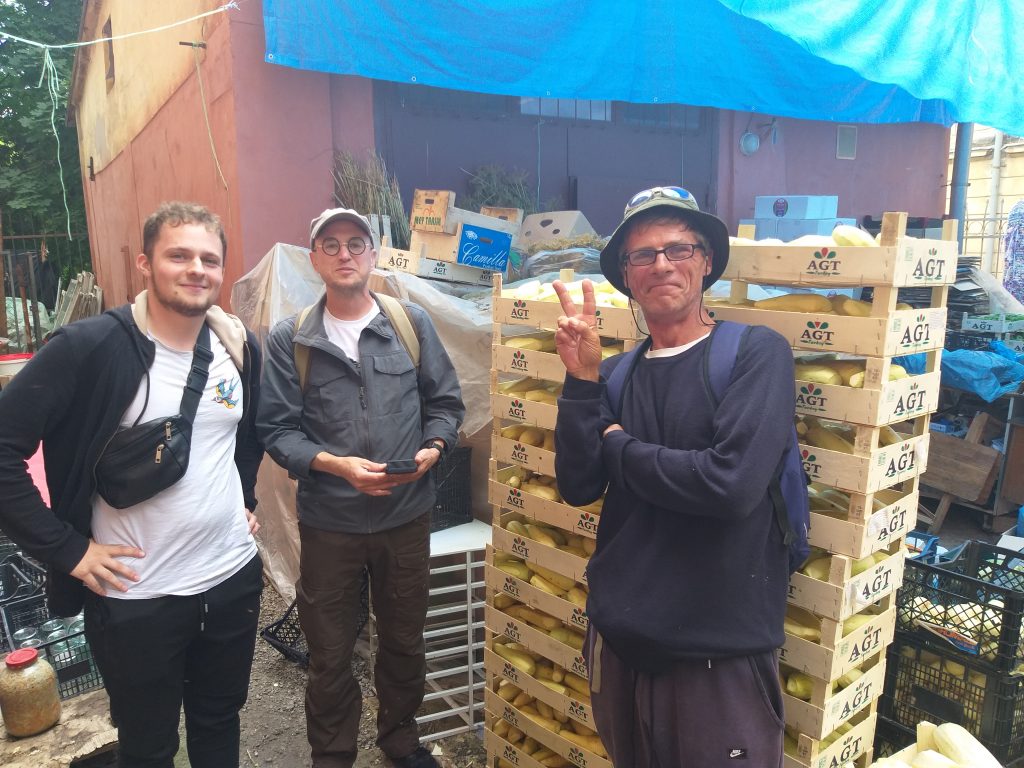It has been an eventful week. Writing now from Warsaw, just got back here from Ukraine a couple days ago, and we are preparing to return to Ukraine next week. This coming run we will likely travel much deeper into the country, and it will hopefully be our first two vehicle aid convoy, transporting up to six pallets.
Myself and Oro picked up a load last week in Lublin, Poland from the wonderful people at HelpUkraine.Center. The pallets almost did not fit in the van (see photos), and the size and weight of them did a number on the back doors of the van. We ran into serious engine trouble later that day in southeastern Poland, and then had miracle occur that enabled us to continue. (This story is a standalone post that I am almost finished writing, I promise.) We finally made in to a warehouse on the outskirts of Lviv, where, to unload, I had to back that huge van way, way up onto two skinny tire ramps that were sandwiched between the dock and a tall concrete wall. This is a thousand times scarier than it sounds like.
The following day Oro traveled to Kyiv for photo work, and that evening I was reunited with Kevin at the Hotel Dolynskiy, returning from Kyiv. On Monday Kevin and I visited a shangri-la like place. A huge, well organized warehouse full of aid supplies in need of drivers and vehicles to get it around Ukraine. We were introduced to this wonderful resource by Glynn Hunt, an amazing activist who has been working in Ukraine since the start of the war providing relief aid. Glynn will actually be riding with us late next week as we carry our first load from there across Ukraine. We owe him a big debt of thanks for this, and for all of the other resources and connections he has provided.
After many months of drafts and halfway attempts, we have cleared several days out to mostly work on our website and to write. Big thanks to Bob Meador and the team at Metric Media for their hard work and their patience with our sporadic nature. The van is in the shop for now (Ukrainian roads can be brutal), but should be up and ready by mid-next week. We are working on some fun fundraising ideas, which we are going to run by y’all soon.
This following is quite the tangent, but hang with me on it.
Wartime in European countries is weird as fuck. Of course I’ve read about it, and seen the movies, but as an American most of the first hand accounts of war that I’ve heard have been about Vietnam, or the dirty wars in Central America, or about Iraq and Afghanistan. In European war the battlefront areas of savagery, destruction, despair and deprivation are incredibly contrasted by nearby places of normality, civility, modern amenities, high culture, and even picturesque beauty. This is even more true in Ukraine lately than it was in the first few months of the war. The Ukrainians are very much embracing the return to normality as a cultural campaign of resistance against the Russian invasion.
When Oro and I finally arrived at the Hotel Dolynskiy in Lviv, tired and dusty after days of driving, car trouble, and unloading supplies at a warehouse outside of town, we did not have time to nap or relax, only for a quick shower. Because we had to get dressed for the Opera.
Lviv, like Odesa, has one of the world’s most renowned 19th century opera houses, and Oro had gotten a gig there photographing a new experimental production. We were given an informative tour of the building by a lovely staff member, and settled in to watch it and to work, respectively. The Opera House was stunning, and the skill of the singers and pit orchestra was exceptional.
Lviv on that particular Friday summer evening is perhaps the most beautiful and romantic place I have ever been. The people of Ukraine were glowing and radiant and heart-breakingly beautiful. Almost everyone was smiling and laughing. This will not mean much to people used to Americans going out for the evening, but anyone who has ever been to Ukraine will know how remarkable that is. Even when enjoying themselves, Ukrainians are usually very tight-lipped and reserved in public.
Reminders of the war were everywhere, from the memorials, the arcade games of shooting pellet guns at Putin’s face, the patriotic songs of the street musicians, the soldiers in uniform enjoying the night before shipping out, and of course the tension of the approaching curfew (11:00pm) at which point the streets will be empty by order of martial law. And the ever-present tension of the likely upcoming, almost daily, air raid sirens.
Despite this, the people were promenading in the square in front of the Opera House, and all through the historic old town, with a carefree joyous spirit. Yes, much of this was probably because it was a perfect summer weekend night. But there was more to it than that. I’ve been in Ukraine for many great summer nights. They didn’t feel like this. The people had that real look of hope through hardship, and a confidence bordering on swagger. If you’re ever playing poker and you see someone with that look in their eyes, you just fold fucking immediately, because there is no question that they are holding really good cards. Unlike many western pundits and Putin supporters, Ukrainians do not think their defeat is inevitable. Quite the reverse. They’re pushing all in, and they really like their chances.
Ukrainians have had to face the threat they have feared for decades, an invasion by Russia, and they are still standing. Not just standing, but rising, united, toward a victory. A victory that finalizes the creation of a free and independent Ukrainian nation, separate from the domination of the Russian Empire (in all its forms).
When I was talking with Olga, a charismatic leader of HelpUkraine.Center in Lublin, about whether or how Ukraine would win this war, she snapped me off. “Ukraine has already won this war. The only thing left to determine is how many lives will be lost, and how much suffering there will be. But the end result is certain.” Judging from the light I see in the eyes of people across Ukraine, even in the midst of much suffering and bad news, she is not alone in that belief.
(Final Note: The photo at the end is at a place making homemade MRE’s for Ukrainians at the front lines or in places with food shortages. Basically portable “add hot liquid” versions of borscht. They were not willing to work with us to deliver the food, because some of the places they send it are classified. They did look at us and say that they could use some real man arms as volunteers to cut up the root vegetables, if we were so inclined. Certainly they were getting the job done, but the lead lady there was looking at our forearms with a look that said, yeah, I could put those arms to some real work. Kevin and I had to return to Poland. But to his immortal credit, Glynn Hunt returned in the following days to cut vegetables and prepare the borscht. There are reasons why we respect Glynn so much.)

